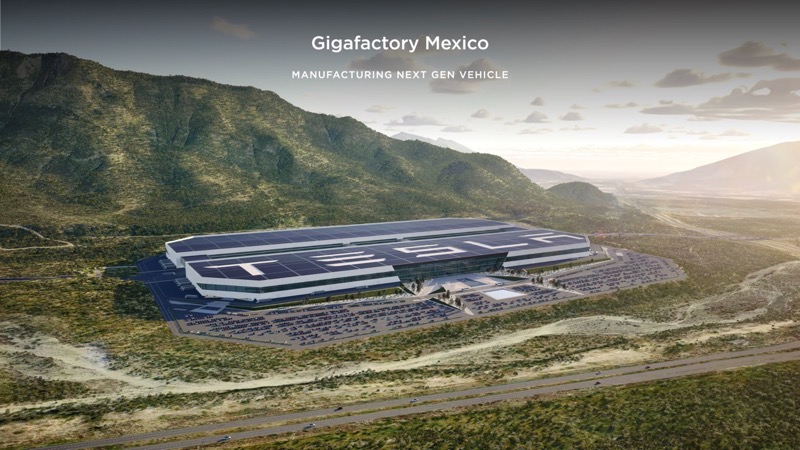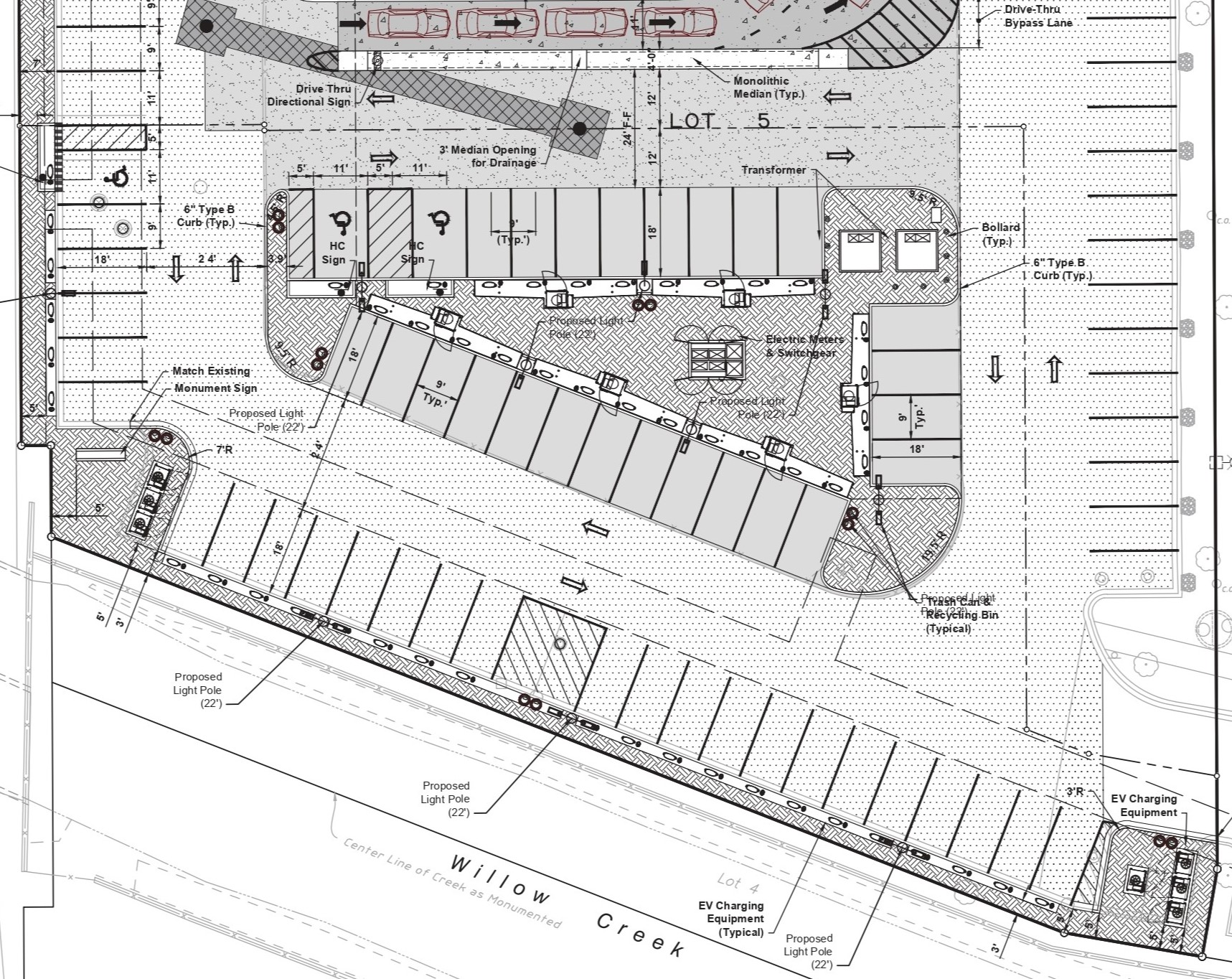
Tesla Heat Pump Issue Explained in NHTSA Safety Recall, Software Fixes Issue

Tesla has issued a safety recall for up to 26,681 vehicles after a software update has resulted in poor defrosting, or in other words, loss of heat due to the vehicle’s heat pump, according to CNBC.
The recall was announced on Wednesday by the National Highway Traffic Safety Administration (NHTSA), and it applies to 2021-2022 Model 3, S and X units, and 2020-2022 Model Y units.
Tesla says an estimated 1% of the 26,681 vehicles may be affected, or 266 vehicles. In Canada alone, Transport Canada said 171 cars were affected.
The windshield defrost issue is the result of a software issue that causes “a valve in the heat pump to open unintentionally and trap the refrigerant inside the evaporator,” according to the NHTSA.
Tesla says vehicles with firmware 2021.44 through 2021.44.30.6 at the time of customer delivery, are possibly affected by the heat pump issue.
The issue causes decreased defroster performance and an overall decrease in visibility, both of which increase accident risks and don’t comply with the federal agency’s requirements.
“FMVSS 103, S4.2, by incorporation, requires 80% minimum defrost of critical area C at 20 minutes. A software command found in firmware release 2021.44 through 2021.44.30.6 may prevent vehicles delivered with one of the firmware releases from complying with this requirement in certain conditions,” explained the description of non-compliance.
As for the heat pump problem? Tesla explains:
In vehicles built with heat pump, the Electronic Expansion Valve (EXV) may experience controller communication interruptions, after which the EXV driver may attempt to realign the EXV rotor by rotating it in a small increment toward the open direction. When heat pump vehicles operating firmware release 2021.44 through 2021.44.30.6 experience such interruptions, the vehicle
software does not close the valve, and the accumulation of interruptions and subsequent realignments over extended periods where the vehicle is awake may result in an unintended valve opening event. This, in turn, may trap refrigerant inside the evaporator and may deplete the refrigerant from the active components in the system. The depletion may result in fail-safe compressor stoppage, and cause loss of cabin heating, particularly in temperatures –10 C or colder. While the windshield defrost system continues to operate with the condition present, defrost performance may not fully comply with FMVSS 103.
Tesla says on January 26, it was able to confirm the “root cause” and a recall determination was made. On February 7, the company says the “affected vehicle population was expanded out of an abundance of caution” to include cars with firmware 2021.44 through 2021.44.30.6, that have yet to install 2021.44.30.7 or later, which will fix the problem, with the latter first released back on January 13.
In response, Tesla will roll out an over-the-air (OTA) software update to fix the issue, with owners set to receive their notification letters as soon as April 1.
“Firmware release 2021.44.30.7 and later releases remedy the condition by reintroducing a software command to close the EXV, thereby preventing refrigerant from entering the evaporator. No further action is necessary from owners whose vehicles are equipped with firmware release
2021.44.30.7 or a later release,” says Tesla.
Tesla issued a recall affecting 817,000 of its vehicles over the seatbelt reminder chime failing to activate — then followed up with an OTA update to fix the issue.
In December, Tesla also issued a recall for more than 475,000 of its Model 3 and S units over rearview camera issues.
Earlier this week, Tesla also disclosed it has received a subpoena from the Securities and Exchange Commission (SEC), after a 2018 tweet from Elon Musk saying that “funding was secured” to take the company private.

